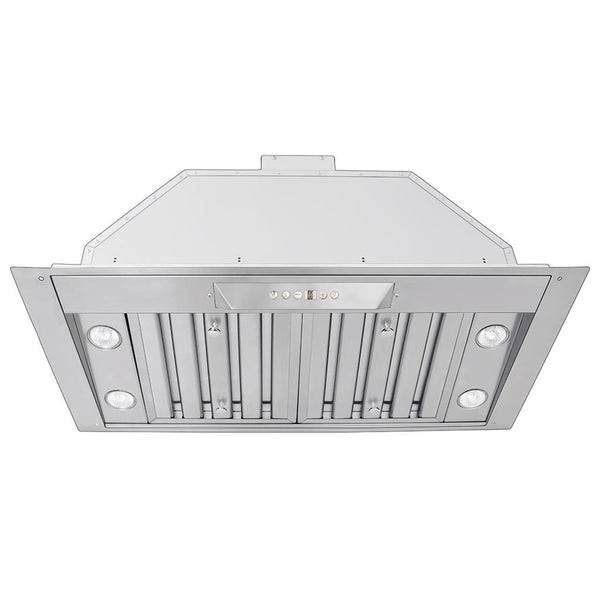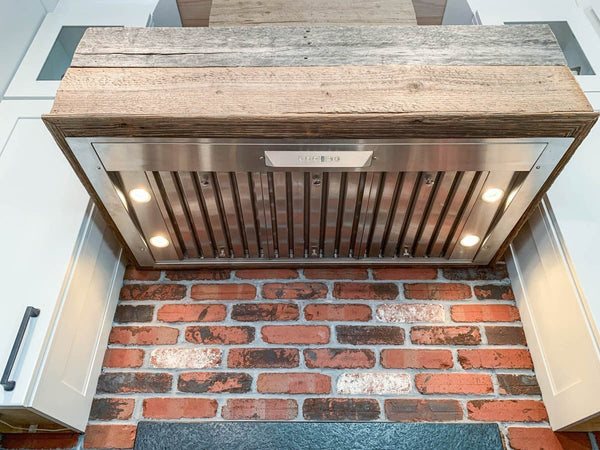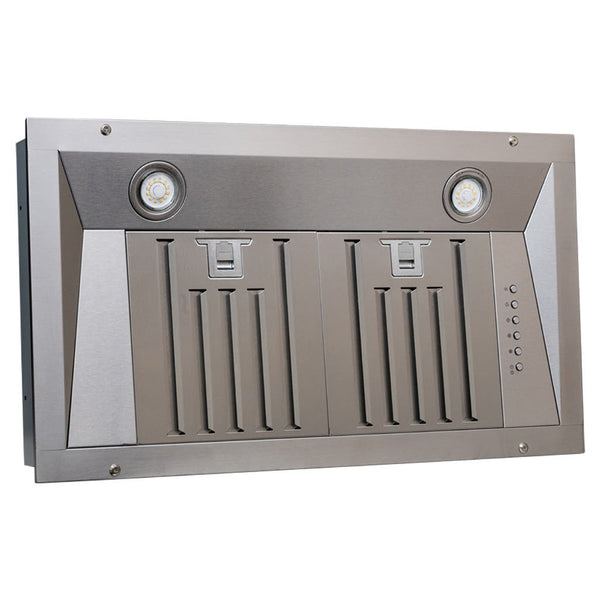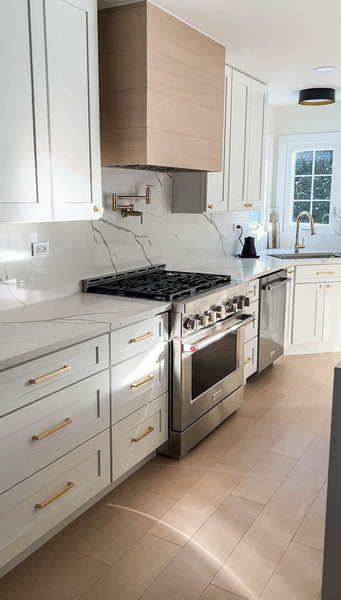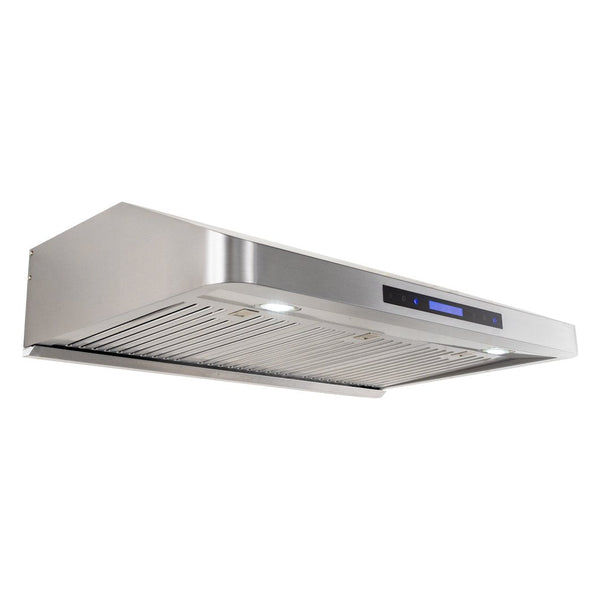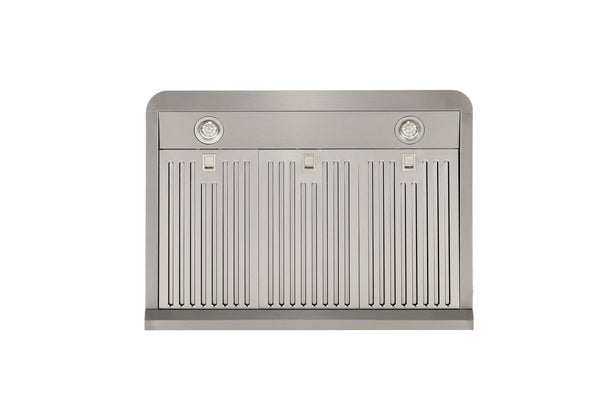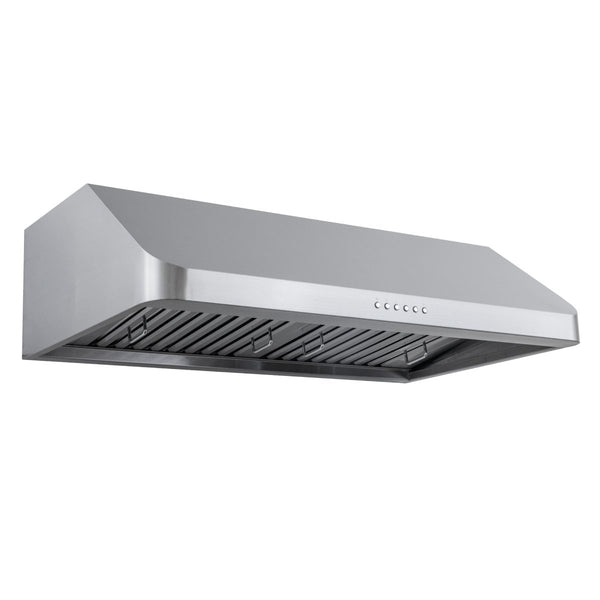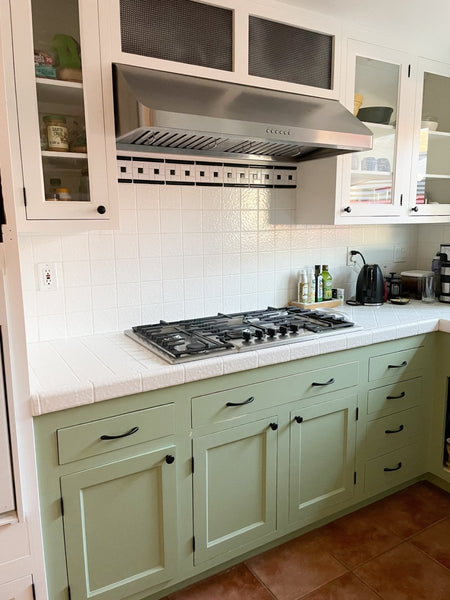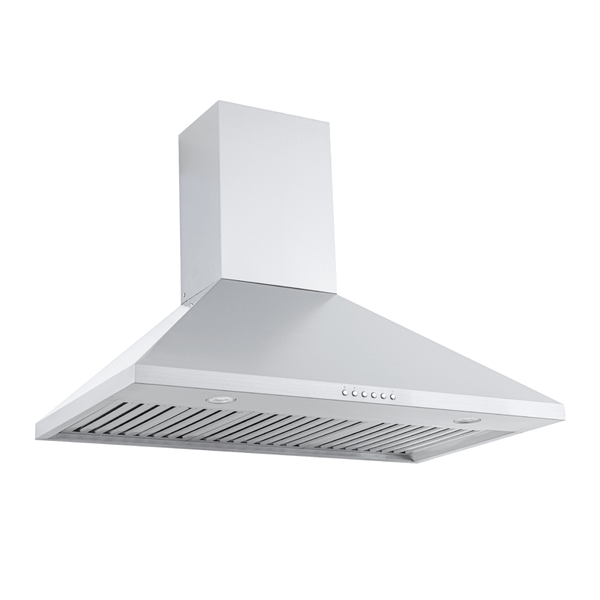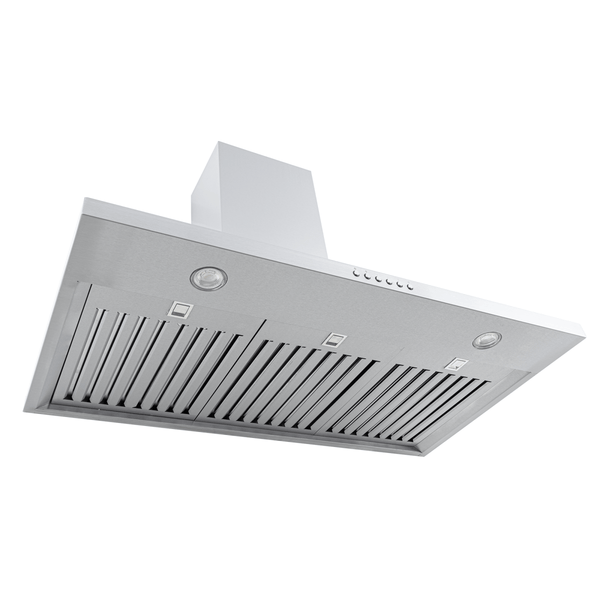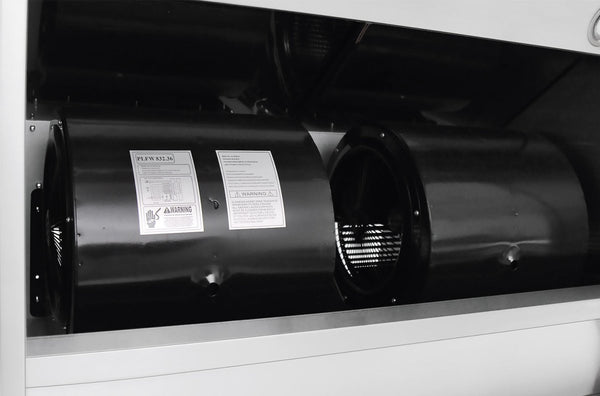For one reason or another, you’ve decided it's time to work on your home. You might be getting ready to sell it or just finally have the time or money or both. Well, we've done all the research for you to find out what makes a property less valuable, and how you can prevent these things from happening in your own home.
For aspiring homeowners, these are important things to keep in mind as you shop as well.
Here are 20 things that bring down your property value, and how to fix them.
1. Building a home or remodeling without a permit
Minor renovations like installing kitchen cabinets, countertops, or painting don’t require a permit. But some major projects require a permit and approval from a licensed professional. These include:
- HVAC work
- Changes to electrical systems
- Plumbing work
- Home additions
- Outdoor additions (shed, pavilion, etc.)
- New ductwork installation
Depending on where you live, you may have to pay a flat fee or a percentage of your remodeling project for the permit.
It’s important to not skip out on getting permits so you don’t have to pay fines down the line. In addition to fees, you’ll have to bring your contractor back to fix the renovations.
Also, it makes remodeling a much less stressful process. Homeowners' insurance won’t cover damage during an illegal renovation. So skipping out on the permits can burn a hole in your budget fast.
One common scenario that requires a permit is selling your home. Some cities require a certificate of occupancy, given out by your local government or a building department. Someone comes out to your house to inspect it and make sure everything is up to code.
If you get all the required permits, you won’t have to pay any fines. If not, you may have to pay some big fines.
Generally, being diligent about getting all your permits is the best option. Otherwise, you may miss out on selling your home to potential buyers.
Also, if you get your home reassessed or reevaluated, a property assessor will inspect your home. If you didn’t go through the process to get necessary permits, then you may fail this inspection.
2. Mold or mildew damage
Mold or mildew damage can dramatically bring down property value, especially if it goes unnoticed. The most common mistake homeowners make is assuming that the mold they see is the only mold in their home. But it can grow behind the walls and spread quickly. This can have a heavy price tag if it’s not dealt with properly.
At the first sign of mold or mildew, make sure you determine where all of it is in your home. Look in damp places such as your bathroom, basement, or near plumbing. Also pay attention to the smell; if it’s musty, you may have mold in your home.
3. Deteriorating foundation
If you suspect you have a deteriorating foundation, hire a foundation expert to inspect your home. They can help you determine if your home is up to code, or what you need to do to repair it.
If your walls or ceiling have cracks, that’s a sign that your foundation is not strong. But most of the time, it doesn’t impact the sale price. Or if you hear constant creaking, that may indicate that the foundation is breaking down.
Major cracks in the outside of your home (brick or concrete) will likely need to be dealt with as soon as possible.
4. Damaged driveways or pathways
Driveways and pathways are two of the first things that people see when they arrive at your home. If they’re damaged, it won’t leave a good first impression. So it’s best to hire someone to patch up the cracks.
If it’s too damaged, you might consider replacing the whole pathway. But this can get pricey. It may be worth it if your driveway or path is worn down and old.
5. Damaged or old roofing
Old roofing can cause a host of problems for new homeowners, the most common being a leaky roof. If you’re unsure about the condition of your roof, have a roofer come out and inspect it. Don’t commit to an entire new roof until you know it’s absolutely necessary. If you need a new roof, get a few bids from roofers first. This way, you know how much is too much (or too little).
6. Leaky plumbing
People use water and the bathroom every day, so leaky plumbing can hurt your property value if it’s not dealt with properly. You might discover leaky pipes due to a flood or mold growth. If you find leaky pipes, consult a plumber to determine the next course of action. Like with roofers, don’t pay for the work before you 1) get it inspected and 2) get a bid.
7. Rotten wood
Rotten wood is definitely not attractive to a potential buyer. But luckily, there’s pretty much only one thing you can do: get rid of it. If wood is already rotten, it’s beyond repair in most cases. So just get it replaced and then you’ll have one less problem to deal with.
8. Poor or damaged air conditioning or heating systems
Damaged air conditioning and heating dramatically reduces the quality of life in your home. – especially in extreme climates. Consult an HVAC expert to inspect your HVAC systems before you put your home on the market.
9. Frayed wires
Frayed wires can dramatically bring down your property value because they are dangerous. They may just scare off potential buyers if you don’t address them. For your safety and the buyer’s safety, consult an electrician ASAP.
It’s true you don’t want your property value to go down, but you definitely don’t want someone getting injured due to something you didn’t fix. Think of all the legal hoops you’d have to jump through...not fun!
10. Outdated kitchens and bathrooms
So far, most of the items on this list have been essential to fix: decaying foundation, frayed wires, poor HVAC systems, and more. But with old kitchens and bathrooms, you have a choice to make. Will you renovate the room or not?
In most cases, I don’t recommend tackling a full renovation. Instead, follow the Pareto principle. Basically, do the 20% of the work that gets you 80% of the results.
So for example, don’t consume all your time renovating an outdated bathroom entirely. Maybe replace the faucets, fix any leaky plumbing, and call it good. Start with the highest priority items and leave the rest for the next homeowner.
Consider purchasing a professional range hood for your home to entice potential buyers.

11. Near a registered sex offender
This can bring down property value because of the potential danger to kids. If you are raising a family, be sure to check the sex offender registry before pulling the trigger on your dream home.
12. Near junkyards, power plants, hospitals, or factories
Junkyards, power plants, warehouses, hospitals...these aren’t exactly what you might think of when picturing the best area for your new home. Of course, the area itself may not be too attractive because of the surrounding businesses and factories.
But you also might have heavy pollution, a rough commute due to traffic, or unpleasant smells. Try to avoid industrial areas or business-heavy areas when seeking out your new home.
13. Next to a neighbor's unsightly home
If your neighbor’s home is a significant downgrade compared to yours, it can have an impact on your property value. But it won’t have a huge impact. You’re not in control of what your neighbors do to their property, anyway.
The best you can do is ask them to fix up their property. Even if the house isn’t nice, at least it won’t be cluttered and it’ll look clean.
Some people wonder: can I sue my neighbor for lowering my property value? In most cases, you’re not going to have much luck. Read more in this section.

14. Wallpaper
It’s time to part ways with your 1980s wallpaper. It may be near and dear to your heart, but modern homes just don’t use wallpaper anymore. Today, most people see wallpaper as outdated and tacky.
So if you have a few free weekends, take it down and repaint to boost your property value.
15. Ugly landscaping
Landscaping is one of the first things people will see when they arrive at your home. It’s important to leave a good first impression so you can get the most out of your property.
Make sure that all your plants are healthy and laid out nicely. Stone landscaping is becoming more popular because it conserves water. So if you don’t like plants or want to save money in the long run, try stone out.
16. Old carpet
Carpet typically lasts about 10 years before it starts to wear down. In today’s homes people often replace carpet in favor of hardwood flooring, which lasts a lifetime. In fact, I did this in my own home several years ago and it still looks new. Consider replacing your old carpet to keep your property value up.
17. Warped floors
Warped floors can either be easily fixable or a nightmare. Hardwood floors are susceptible to water, so if they come into contact with a lot of water, they may get warped. But then you’ll just have to replace a tile, rather than an entire floor. Deal with warped floors as soon as possible, because one warped tile can make another tile warp or buckle, and so on.
If the floor is warped due to mold damage, mildew damage, or a weak foundation, this is a much larger problem. You may need to consult a flooring expert to determine the next best course of action.
18. Paint chips or uneven coating
Paint chips or poorly done paint won’t plummet your property value, but it could take a hit if there’s a lot of drips, chips, or other imperfections. Luckily, this is easy to DIY as long as you can match the paint color. To protect against any drips, don’t overload your brush with paint. If you see a drip, catch it as soon as possible with your brush before it dries.
19. Near a bad neighborhood
A bad neighborhood can drastically reduce property value, because of the potential danger to friends and family. When looking for a location, you might consider looking in the suburbs, 10 or 20 miles out from the main city or downtown. Especially if you have kids, you want to live in a neighborhood where they feel safe walking around and going to and from school.
20. Next to a freeway, busy city, or other noisy areas

When you get home from work or school, you might want to have some quiet time or time to yourself. That can be difficult to get if you live in a noisy area or near a freeway. While it’s true that you may be able to find a house that’s significantly cheaper, do you really want the constant drone of cars or chatter of people looming over you?
We recommend sticking to residential areas in your home search. Stay away from busy streets, freeways, or schools.
We hope that our list of 20 things that bring down your property value helped inform you as you search for a forever home. This list covers things you can DIY, things that require professionals, and location-based decisions. After reading these tips, you might have a follow up question: how much does X bring down my property value? But, this entirely depends on your specific situation.
To find out the exact number, we recommend consulting a professional. With the location related items, you can do some rough comparisons. For example, compare a few similarly sized homes in bad neighborhoods vs. good neighborhoods. Then, check out the price difference.
If you have any other questions about home renovation or home improvement, check out the articles below.

Related Articles
90 Kitchen Renovation Questions to Jumpstart Your Project
